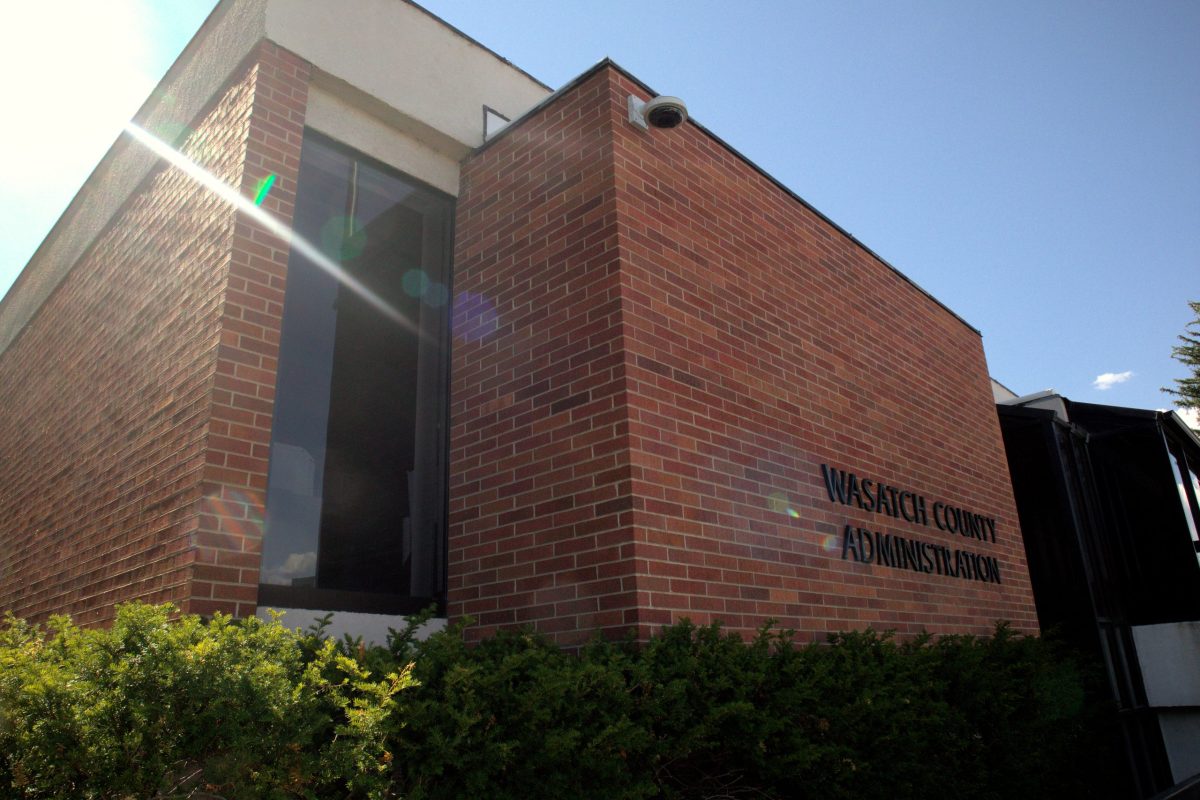In November, a group of Wasatch County property taxpayers filed a lawsuit against county assessor Todd Griffin, deputy attorney Jon Woodard, the county itself and several members of the Utah State Tax Commission alleging that Griffin had failed to appropriately assess all properties in 2022.
His mistakes, the lawsuit claimed, led to 34% of property taxpayers getting a reduction while 59% faced a large increase. Meanwhile, the state tax commission failed to fulfill its oversight responsibilities.
On Aug. 22, Utah Judge Anthony Howell released court documents that indicate the case may be merited.
He denied the county and tax commissions’ motions to dismiss with only one exception, stating that one of the plaintiff’s claims for relief that would see Griffin unseated from his current position would be “best presented to the presiding judge in a separate document rather than a claim for relief in the Amended Petition.”
If the plaintiffs want to continue their attempts at Griffin’s removal, the court document continues, they “should submit to the presiding judge, Hon. Kraig Powell, an accusation specifically Mentioning Utah Code § 77-6-1, et seq.”
Whether or not plaintiffs pursue that legal option, Griffin’s term in office is quickly approaching its end as he was eliminated in the primary election. Currently, Bob Adams is the lone candidate for assessor.
The other parts of the motion to dismiss the lawsuit, however, were denied, leaving the state tax commission, the county and Griffin on the hook for the issue raised by the group of concerned taxpayers.
The court found other claims for relief center on having “Griffin, the County, and the Tax Commission Respondents perform their statutory duties which they are alleged to have failed to perform.”
A findings and conclusions document shows Howell weighed that — if the allegations brought forth in the lawsuit are found to be accurate — if would mean Griffin failed to fulfill his duty to update property values yearly as is required in state code.
In the same vein, since the state tax commission is responsible for certifying a county assessor’s appraisal technique and taking corrective action if assessors’ appraisal efforts fall short, they remain on the receiving end of the legal complaint.
In the conclusions made under “Findings of Fact,” the document states that about 8,869 properties in Wasatch County were not reassessed in 2022 while many other properties “received significant increases in assessed value and tax.”
“Wasatch County reappraised only around 59% of the properties in the county for the 2022 taxes,” the court document says. “Properties that were reappraised had an average market value increase of roughly 87% for improved properties and 284% for unimproved properties.”
According to the findings about a third of the county’s properties were assessed based on their 2021 values, and about a third of them maintained the same 2021 values.
“Because of the lack of the county-wide appraisal, the assessed values of Wasatch County are largely undercalculated. An inequitable tax was therefore applied because certain properties were taxed based upon higher assessments and other properties were taxed based upon stale and dated assessments,” the document states. “This places a higher tax burden on property owners who had their property assessed in 2022.”
And, “The Utah State Tax Commission has failed to fulfill its oversight obligations and has failed and refused to correct the foregoing errors, and others, existing in Wasatch County with respect to the assessment of property taxes.”
The tax commission respondents, the document specifies, acknowledged the complaints and shortcomings but did not notify the Utah State Auditor as they were mandated by statute.
According to a press release from Bill Quapp, one of the plaintiffs, the lawsuit will now enter a discovery phase.
“The taxpayer plaintiffs will continue to ensure that the County Assessor and Tax Commission fulfill their obligations,” the release states.

